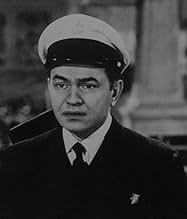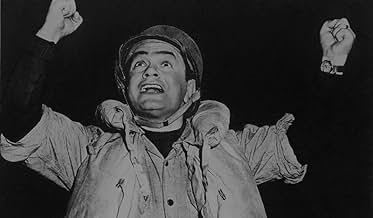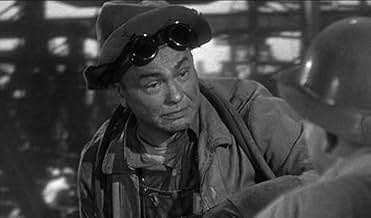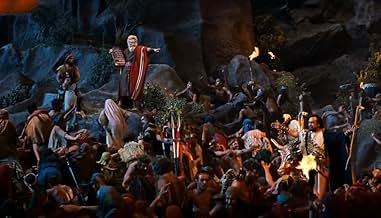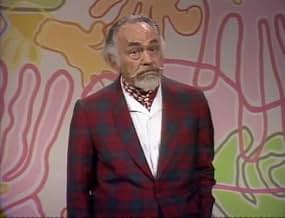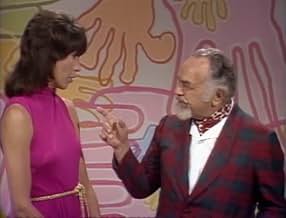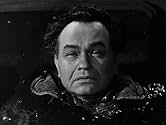Edward G. Robinson(1893-1973)
- Actor
- Writer
- Soundtrack
Emanuel Goldenberg arrived in the United States from Romania at age ten, and his
family moved into New York's Lower East Side. He took up acting while
attending City College, abandoning plans to become a rabbi or lawyer.
The American Academy of Dramatic Arts awarded him a scholarship, and he
began work in stock, with his new name, Edward G. Robinson (the "G" stood for his birth surname), in 1913. Broadway was two years
later; he worked steadily there for 15 years. His work included "The
Kibitzer", a comedy he co-wrote with Jo Swerling. His film debut was a
small supporting part in the silent The Bright Shawl (1923), but it was with the coming
of sound that he hit his stride. His stellar performance as snarling,
murderous thug Rico Bandello in Little Caesar (1931)--all the more impressive since
in real life Robinson was a sophisticated, cultured man with a passion
for fine art--set the standard for movie gangsters, both for himself in
many later films and for the industry. He portrayed the title character
in several biographical works, such as The Story of Dr. Ehrlich's Magic Bullet (1940) and This Man Reuter (1940).
Psychological dramas included Flesh and Fantasy (1943), Double Indemnity (1944), The Woman in the Window (1944)and Scarlet Street (1945).
Another notable gangster role was in Key Largo (1948). He was "absolved" of
allegations of Communist affiliation after testifying as a friendly
witness for the House Un-American Activities Committee during the
McCarthy hysteria of the early 1950s. In 1956 he had to sell off his
extensive art collection in a divorce settlement and also had to deal
with a psychologically troubled son. In 1956 he returned to Broadway in
"Middle of the Night". In 1973 he was awarded a special, posthumous
Oscar for lifetime achievement.


